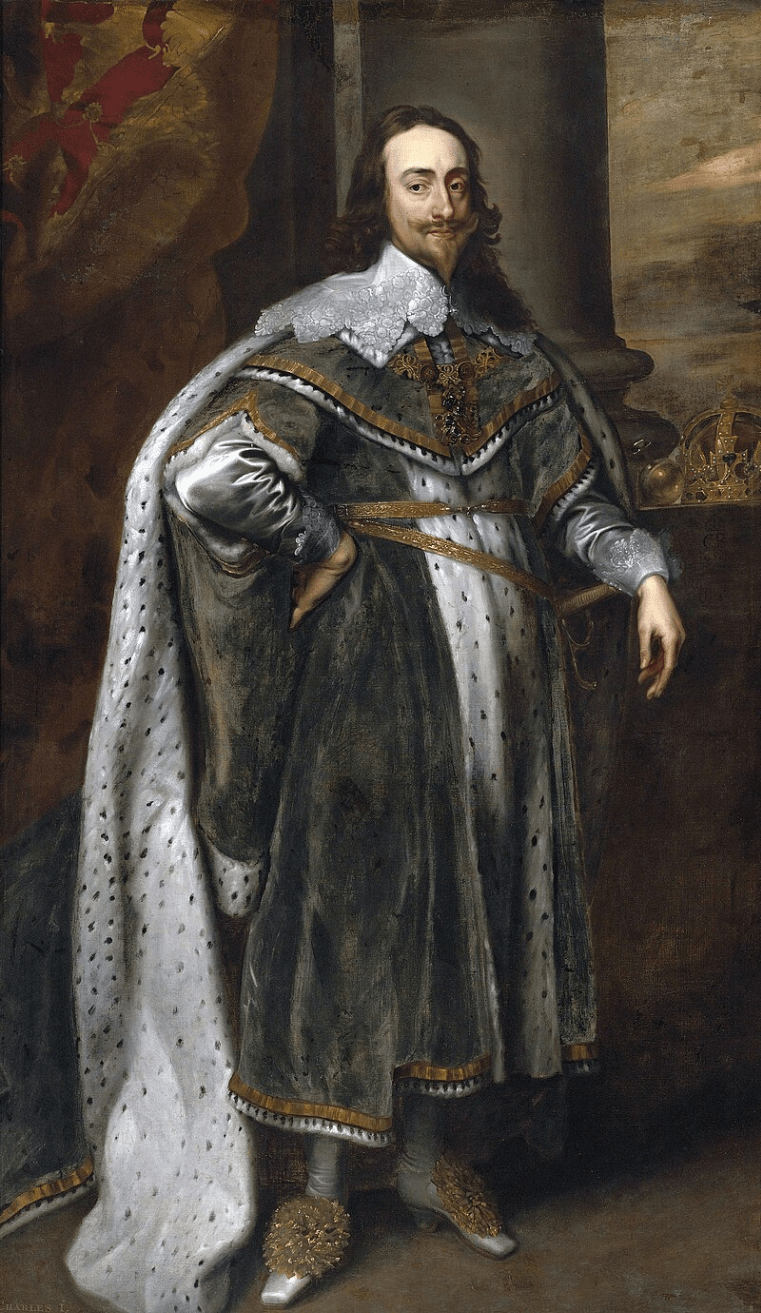Montesquieu believed in this enlightenment idea
separation of powers or three branches of government
the Third Estate began demanding democracy, equality, and liberty in France as a result of this major world event.
The American Revolution
a movement that emphasized science and reason as guides to help see the world more clearly
Enlightenment
This man lead France prior the the French Revolution, overseeing poverty and massive financial problems.
Louis XVI
John Locke believed in this enlightenment idea
life, liberty, land (property)
OR
Natural Rights
Louis XVI called an emergency meeting of this, where members from all 3 classes could advise the king
Estates-General
the idea that all humans are born with rights, which include the right to life, liberty, and property
natural rights
Jean-Jacques Rousseau believed in this enlightenment idea
Social Contract Theory
This man took control of France in a coup d'état after the failure of the Directory.
Napoleon Bonaparte
French Revolution document that outlined what the National Assembly considered to be the natural rights of all people and the rights that they possessed as citizens
Declaration of the Rights of Man and Citizen
the theory of capitalism and “laissez-faire” (hands off) economics by this Scottish professor.
Adam Smith
The two eras known as the Renaissance and the Enlightenment are similar in that they both led to people doing what?
(1) Question the world around them
(2) try to improve society
Fearing the spread of France’s revolutionary ideas, these two nations with monarchs assembled armies to restore France’s absolute monarchy
Austria and Prussia
Legal code that promoted enlightenment ideas, religious tolerance, and equality of citizens.
Napoleonic Code
Which Enlightenment philosopher said "“I may disapprove of what you say, but I will defend to the death your right to say it.”?
Voltaire
Enlightenment thinkers challenged this idea that said God gives kings right to rule
Divine Right of Kings
Robespierre met an unfortunate end after his Reign of Terror, doing this before being beheaded.
Shooting himself.
a French congress established by representatives of the Third Estate on June 17, 1789, to enact laws and reforms in the name of the French people
The National Assembly
To collect the new ideas of the Enlightenment and make them accessible, this man created the first encyclopedia
Denis Diderot
“Laissez-faire” is the idea that the economy thrives when the government does what?
Nothing!
When rumors circulated that the king was going to send his army to Paris, citizens attacked this to seize the weapons inside and defend themselves
Bastille
the historic period (1793-94) during the French Revolution when thousands were executed
Reign of Terror
This English monarch was beheaded in the English Civil war, ending the Tudor dynasty of kings.
Charles I

When Napoleon was defeated in 1815,
European leaders met at this event to discuss how to best bring a lasting peace and stability to Europe.
The Congress of Vienna
a sudden overthrow of the government, usually by force
Coup d'etat
This English philosophe believed that humans are naturally cruel, selfish, and hungry for power
Thomas Hobbes
powerful monarchs who listened to new ideas and tried to improve the lives of their citizens were known as these.
Enlightened Despots
Napoleon ordered a blockade, called this, to cut off all trade with England.
The Continental System
The clergy made up a very small percentage but owned 10% of the land; the nobles made up another small percentage but also owned most of the land; and the rest of the people made up 97% of France and owned very little land
The Three Estates
This man, an Austrian noble sat at the table with the conservatives at the Congress of Vienna
Klemens von Metternich